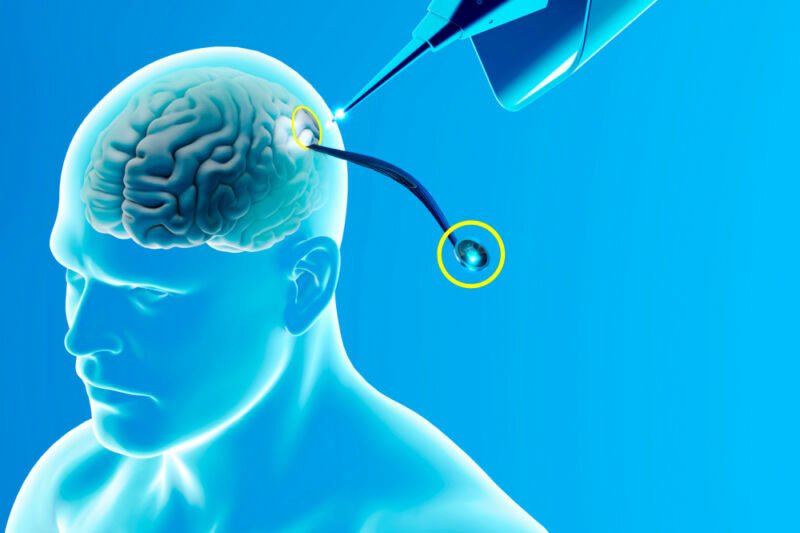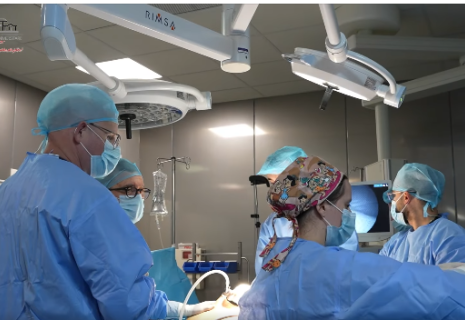
Breakthrough brain implant offers new voice for speechless
An experimental brain implant has demonstrated that it is possible to decode the “inner monologue of paralyzed individuals, translating their thoughts into words,” writes focus.it.
This extraordinary achievement was made by a team from Stanford University (USA) and represents a historic breakthrough in brain-computer interfaces (BCI), CE Report quotes ATA.
Until now, BCI devices could read neural signals related to movement or vocalization attempts, but this device goes further: it directly interprets imagined sentences without the person producing any sound.
This breakthrough opens revolutionary possibilities for those who have lost the ability to speak, but it also raises new and concerning ethical and legal challenges.
The chip was implanted in the medial and ventral regions of the precentral gyrus, considered a kind of “hotspot for speech,” meaning the areas where the brain processes speech even if it has not yet been fully articulated.
How it works
The device is capable of interpreting neural patterns associated with internal speech and converting them into text, with a vocabulary of up to 125,000 words and up to 80% accuracy for certain sentences.
Compared to conventional systems, which require physical effort to translate a thought into gestures, this method requires less effort and does not rely on muscles or breathing.
























